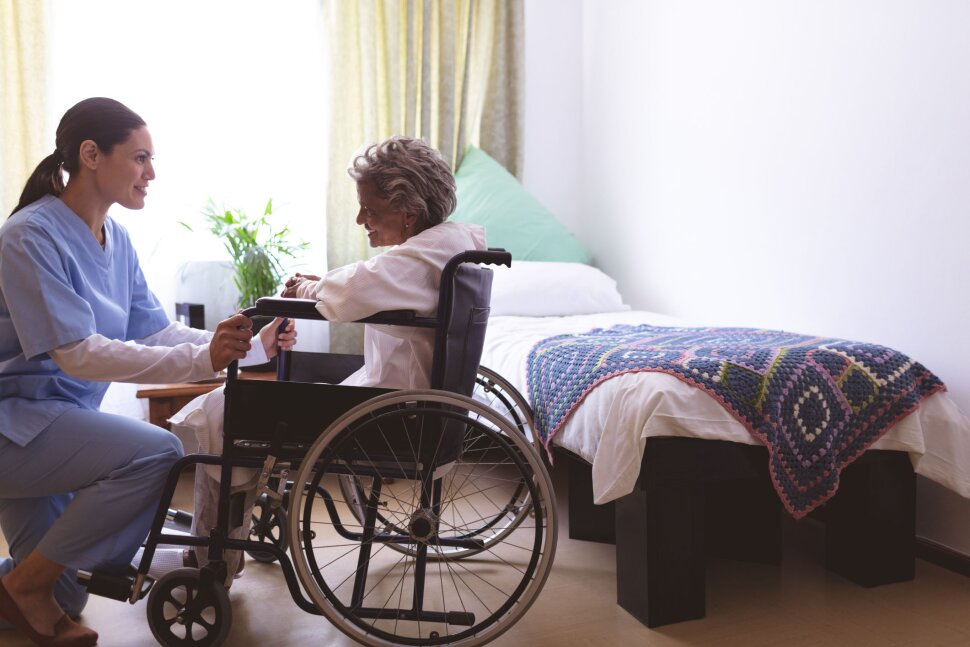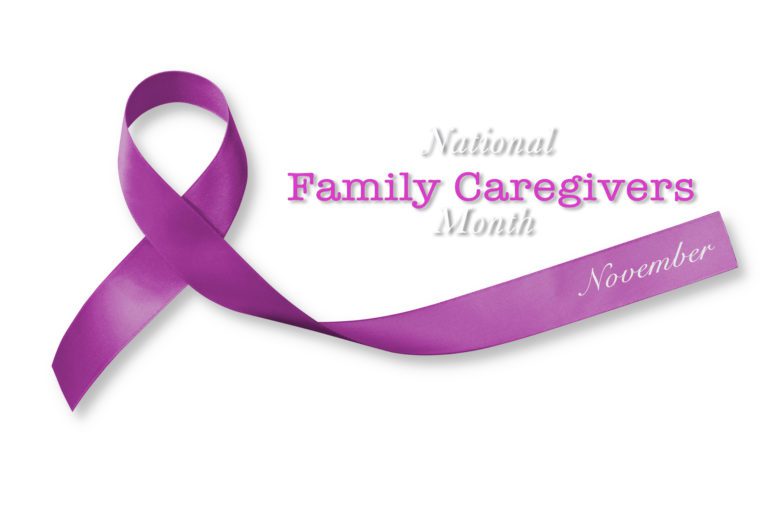Table of Contents
- 1. Assisted Living Facilities
- 2. Nursing Homes
- 3. In-Home Care Services
- Choosing the Right Senior Care Option
As our loved ones age, finding the appropriate care can be a challenging and emotional decision. With various senior care options available, understanding the differences and benefits of each can help you make an informed choice. This article will explore three main types of senior care services: Assisted Living Facilities, Nursing Homes, and In-Home Care Services. We’ll discuss the advantages and disadvantages of each option, as well as considerations to keep in mind when making your decision.
1. Assisted Living Facilities
Assisted Living Facilities offer a blend of independence and assistance, catering to older adults who require help with daily activities but do not need round-the-clock medical care. These residential communities provide a supportive environment with various levels of care, including medical monitoring, meals, housekeeping, and social activities.
Pros of Assisted Living Facilities
- Community Environment: Offers social engagement opportunities.
- Levels of Care: Includes medical monitoring and support.
- Amenities: Provides meals, housekeeping, and more.
Cons of Assisted Living Facilities
- Less Personalized Care: Due to staff-to-resident ratios.
- Transition Challenges: Moving from home can be difficult for some seniors.
- Cost: The national average cost is around $4,459 per month.
Considerations
When evaluating assisted living facilities, consider the facility’s atmosphere, the staff’s qualifications, and the types of activities and medical services offered. It is also important to note that Medicare does not cover assisted living costs.
Learn More: The Psychological Benefits of Senior Companion Care
2. Nursing Homes
Nursing homes, also known as skilled nursing facilities, provide comprehensive medical care and support. They are suitable for seniors with significant health care needs, such as advanced dementia or post-hospital care requirements.
Pros of Nursing Homes
- 24-Hour Medical Care: Access to round-the-clock support.
- Structured Environment: Includes scheduled activities and meals.
- Suitable for Complex Health Needs: Ideal for seniors requiring extensive medical care.
Cons of Nursing Homes
- Limited Personal Freedom: Residents may have restricted privacy and freedom.
- Shared Rooms: Some residents may need to share accommodations.
- Cost: Often the most expensive senior care option, with potential limited Medicare coverage.
Learn More: The role of technology in improving the care of the elderly
Considerations
When choosing a nursing home, consider the staff-to-patient ratio, the qualifications of medical personnel, and the overall environment of the facility. It is crucial to ensure that the nursing home meets the specific medical needs of your loved one.
3. In-Home Care Services
In-home care services allow seniors to receive personalized care in the comfort of their own homes. This option is ideal for those who are relatively independent but need assistance with daily activities, such as bathing, meal preparation, medication management, and transportation.
Pros of In-Home Care Services
- Personalized Care: Tailored to individual needs.
- Comfort of Home: Allows seniors to stay in a familiar environment.
- Flexibility: Options for the level and frequency of care.
- Family Visits: No restrictions on family visits.
- Aging in Place: Seniors can remain in their homes as they age.
Cons of In-Home Care Services
- Potential Need for Advanced Care: Some seniors may eventually require more comprehensive care than can be provided at home.
Considerations
When selecting in-home care, assess the qualifications and experience of the caregivers. Costs can vary based on the level of care needed, often paid out-of-pocket or through long-term care insurance. Some providers, like From The Heart Home Care, offer additional programs such as brain and body fitness and virtual caregiver technology.
Choosing the Right Senior Care Option
Selecting the appropriate senior care option requires careful consideration of various factors, including the level of care needed, costs, and the preferences of your loved one. From The Heart Home Care offers a compassionate and flexible solution, providing high-quality care while allowing seniors to maintain their independence. With services ranging from daily living assistance to advanced health and fitness programs, From The Heart Home Care ensures that your loved one receives comprehensive support tailored to their needs.
By weighing the pros and cons of each senior care option and considering your loved one’s unique needs, you can make an informed decision that prioritizes their well-being and comfort.







